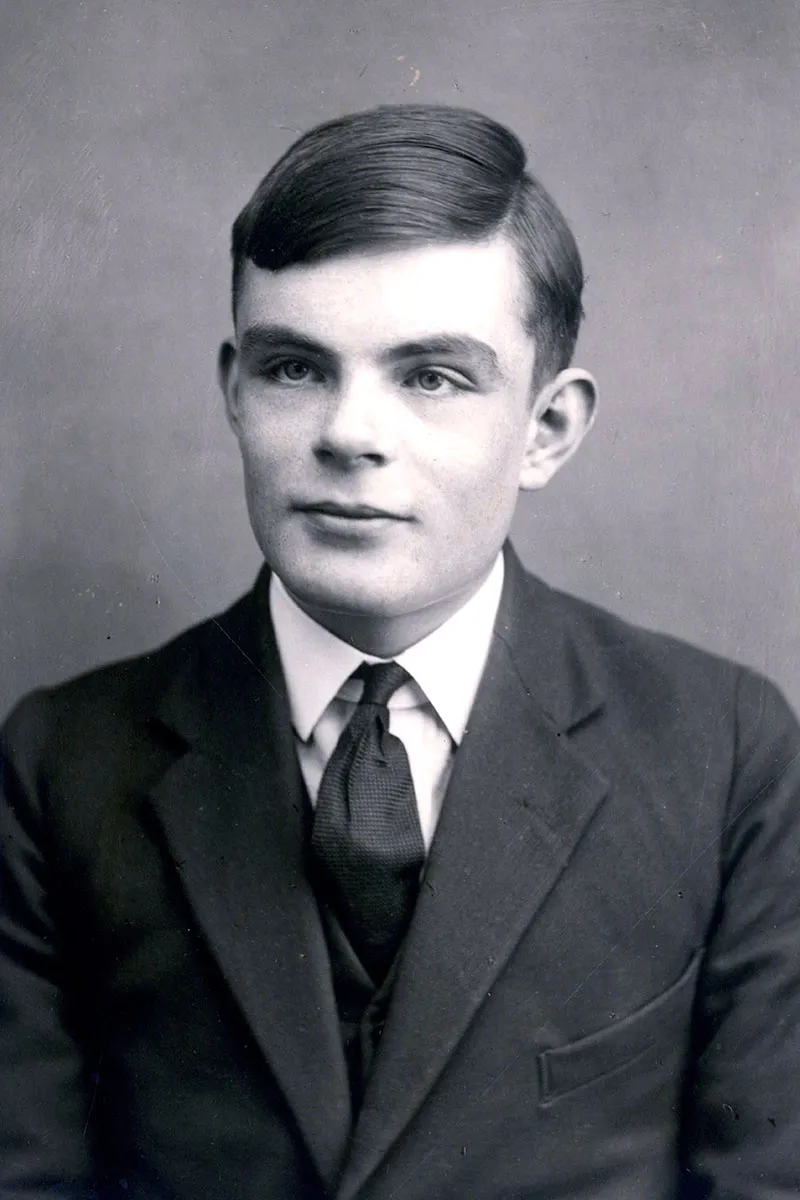
Alan Mathison Turing
Alan Turing is not only a founder of computer science but also a mathematician and philosopher (Hodges 1983). This webpage shows a short biography of Alan Turing, arguing why his work plays a crucial role in Computer Science. Alan Turing's full name is Alan Mathison Turing, and was born in 1912 in London (Guo 2015). In 1938, he attended King's College, University of Cambridge, where he studied mathematics and theoretical physics, eventually earning his PhD (Hodges 1983). As Copeland (2012) reported, During World War II, Turing played a crucial role in breaking the German Enigma code. He designed a machine to break the code, and his works saved millions of people's lives. After that, Turing helped to design and develop the Manchester computers and proposed an experiment known as the Turing test (Hodges 1983).
Alan Turing's contributions to computational science are significant for three main reasons. Firstly, in 1935, Alan Turing proposed the Turing machine, laying the theoretical groundwork for modern computation. The Turing machine is an abstract mathematical model that provides a way to understand limits and perform manipulations (Nath 2020). Therefore, the Turing machine has an impact on computer science and modern society today. In addition, Alan Turing's exploration of the extended mind concept may have an important impact on modern society. For example, if an amnesia patient cannot remember important things, he could use a machine or phone to save his memory, so that the machine could be the source of personal memory (Nath 2020). It is especially useful to develop computer science. Finally, Alan Turing's exploration of the concept of artificial intelligence, and the question of whether machines can think, profoundly influenced the development of the field. His famous Turing test, developed in 1950, remains the benchmark for assessing machines' ability to exhibit intelligent behavior indistinguishable from that of humans (Guo 2015). To sum up, this evidence shows that Alan Turing made great contributions to computer science's development.
In general, Turing's work in the early days of computing and his philosophical contributions to the nature of artificial intelligence have a crucial impact on the development of computing science and computational thinking. His works continue to affect the way we understand and approach computation and artificial intelligence today.